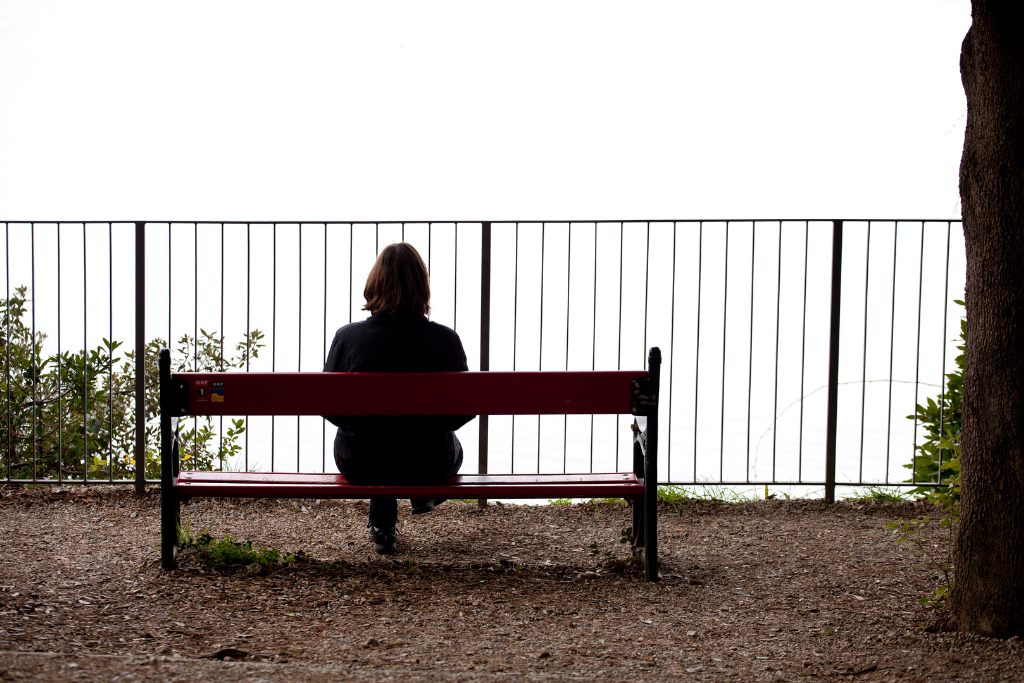
Humans thrive on meaningful social connections. Feelings of loneliness set in when a discrepancy exists between one’s desired and one’s actual level of social relationships. Loneliness is a negative, subjective experience closely linked to the quality of social connections. Loneliness is similar to, but distinct from, social isolation, which is defined as a lack of social contacts, and being alone, characterized as being physically removed from social connections. Transient loneliness is a common experience, but chronic or severe loneliness pose threats to health and wellbeing.
Growing evidence has linked loneliness to various adverse health outcomes. Loneliness is associated with unfavorable cardiovascular health indicators, such as increased activation of the hypothalamic-pituitary-adrenal axis, high blood pressure, increased cholesterol levels, and coronary heart disease. Loneliness is associated with sleep disturbance and increased risk of mild cognitive impairment and dementia. Loneliness may also be detrimental to behavioral, mental, and social health throughout the lifespan, influencing outcomes such as substance misuse, suicidal ideation, anxiety, depression, and poor subjective wellbeing. According to a 2015 meta-analysis, people with chronic loneliness had a 26% increased risk of mortality. This increased risk is comparable to established risk factors such as physical inactivity and grade 1 obesity.
Culture affects levels of loneliness. Individualism-collectivism has been long considered an important cultural determinant of loneliness. A recent conceptual model postulated that risk factors, such as age, interact with triggering events, such as retirement, resulting in feelings of loneliness. Considering that some well established risk factors of loneliness, such as depression and chronic disease, are increasing, and that triggering events are part of life (eg, the covid-19 pandemic), it is likely that these risk factors would impact the prevalence of loneliness. Accordingly, loneliness is increasingly recognized as an important health and social issue, with some health professionals, including former US surgeon general Vivek Murthy, labelling it as an epidemic. In 2018, the United Kingdom appointed the world’s first minister for loneliness. Worldwide, initiatives have been launched to address “the epidemic of loneliness.”

Recent Comments